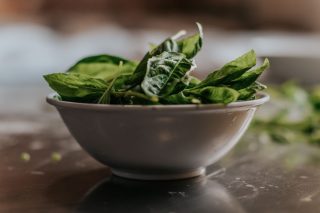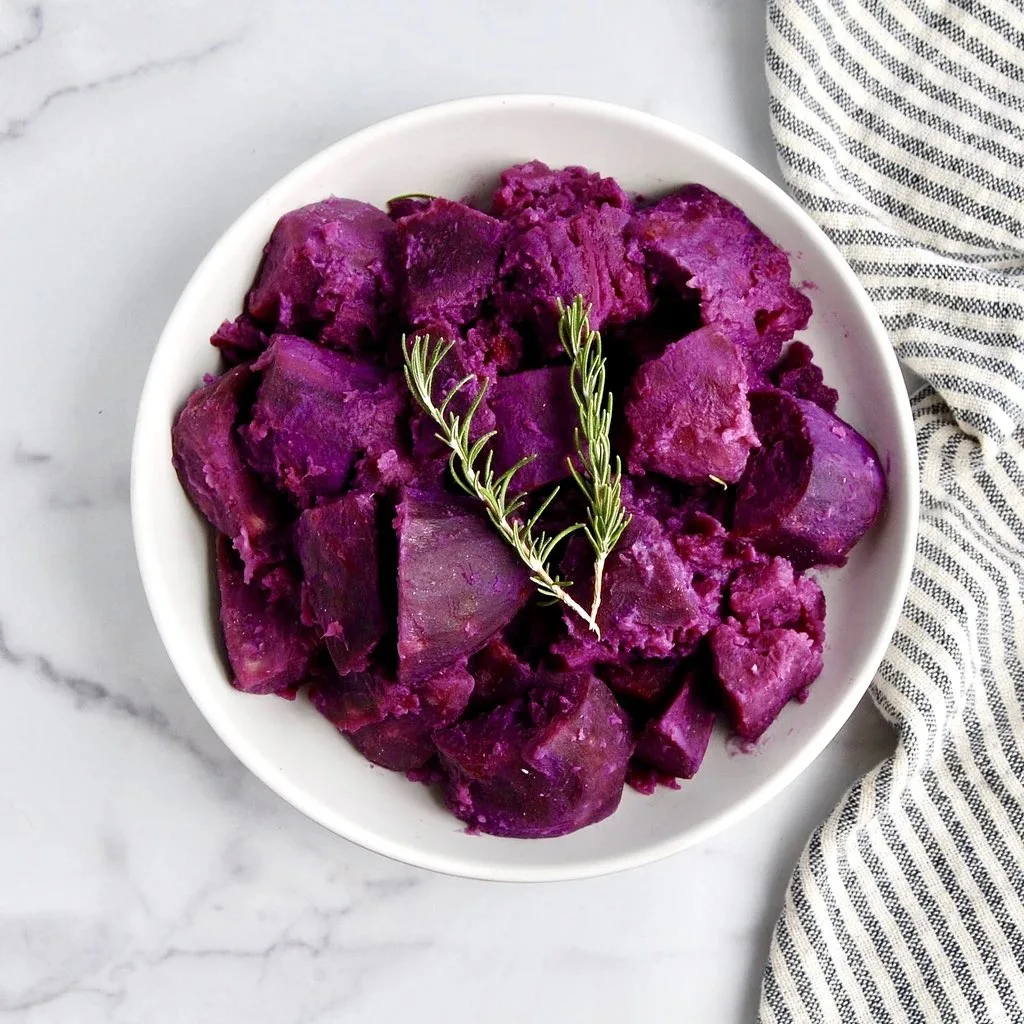You are what you eat and if you want to live to 100, then you might want to start eating the right foods. So, where do you start?
Blue Zones are regions of the world inhabited by some of the oldest and healthiest people on the planet. The areas, discovered by Dan Buettner, a National Geographic explorer and author, provides longevity secrets that we should all adopt if we want to live longer.
Buettner understands the importance that diet can play on our longevity. This is why in his follow-up to his original book, The Blue Zones Solution, Buettner emphasizes the importance of eating like the Blue Zone communities. After all, these communities are largely free of diseases, and it would be naive not to think that their dietary habits played a role.
Eat Like The Blue Zones
Ikaria, Greece – Eat your (wild) greens
Once referred to as “The Island Where People Forget To Die.”, Ikaria is a Greek island whose residents are known to live well into their 100s. In fact, an Ikarian is often referred to as the purest form of the Mediterranean diet.

Photo by Rodolfo Quirós from Pexels
Considering the fact that the Mediterranean diet has been linked to longevity (it can reduce the risk of death by 25%(1)), you might want to plan your next trip to the Greek island.
However, you don’t have to hop on a plane to enjoy the dietary benefits of the Greek island. If there’s one thing that you can learn from the Ikarians, then it’s to eat your greens – your wild greens.
Wild greens, which include wild spinach, dandelion, nettles, and chicory, are high in vitamins K, A, and C. A diet high in vitamin K has been linked to a reduced risk of all-cause mortality, so you might want to start eating your greens.
Okinawa, Japan – Purple is the color of longevity
Life’s a little sweeter on the island of Okinawa. With the highest centenarian ratio in the world (79 000 people at or over the age of 100 lived in the country in 2020), it’s clear that the Okinawans know how to eat and live right.

Photo by Louis Hansel on Unsplash
Purple sweet potatoes are a common staple in the Okinawan diet. Now while you can eat other colored sweet potatoes and still reap their benefits (such as improved gut health), it’s important to understand exactly why purple sweet potatoes are better.
Sweet potatoes get their color from the antioxidant anthocyanin and this compound has been linked to improved lifespan as it possesses anti-diabetic, anticancer, anti-inflammatory, antimicrobial, and anti-obesity effects, as well as prevention of cardiovascular diseases (2).
Sardinia, Italy – Drink your goat milk
While every Blue Zone consumes dairy, the centenarians of Sardinia prefer goat’s and sheep’s milk, instead of regular cow milk.

Photo by ROMAN ODINTSOV from Pexels
In fact, goat milk has higher levels of calcium and phosphorus than cow’s milk. Coupled with the fact that a Swedish study found that calcium can contribute to longevity, you might want to switch to goat’s milk.
Loma Linda, California – No alcohol, caffeine, or sugar
The only American Blue Zone community follows a diet that can only be referred to as biblical. While they consume a diet focusing on whole grains, fruits, and nuts, residents of Loma Linda stand out from other Blue Zones because they don’t consume alcohol (Sardinians drink red wine on occasion).
In fact, the Californian residents stay away from caffeine and sugar as well, which may be exactly why they’re aging so well.

Photo by Elina Sazonova from Pexels
A study from the Lancet found that, compared to non-drinkers, people who had one alcoholic beverage per day had a 0.5% higher risk of developing one of 23 alcohol-related health problems, including cancer, road injuries, and tuberculosis, in a given year. Additionally, a diet high in sugar has been linked to heart disease and cancer.
Nicoya Peninsula, Costa Rica – The blacker the beans, the better
Residents of the Central American country are known to eat black beans almost every day, and this may be how they’re able to reach age 90.
Black beans boast a number of benefits that can help to improve your health. After all, “the same pigment that makes beans black is the pigment that makes blueberries blue, and that pigment carries a lot of antioxidants,” notes Buettner.

Photo by Shelley Pauls on Unsplash
What is the pigment? Anthocyanins, of course. As previously mentioned, anthocyanins can help to improve your health. Black beans have also been found to promote bone health, reduce your risk of diabetes as well as encourage healthy digestion.
The bottom line
While we can’t discredit the impact that diet has on the residents of Blue Zones, it’s important to remember that they do more than eat right. Despite their ages, centenarians are actually quite active. They also maintain healthy social relationships, stress less, and contribute to their community. There’s no one secret to longevity, but this is definitely a great place to start.
References
Bonaccio, M., Di Castelnuovo, A., Costanzo, S., Gialluisi, A., Persichillo, M., Cerletti, C., . . . Iacoviello, L. (2018). Mediterranean diet and mortality in the elderly: A prospective cohort study and a meta-analysis. British Journal of Nutrition, 120(8), 841-854. doi:10.1017/S0007114518002179
GBD 2016 Alcohol Collaborators (2018). Alcohol use and burden for 195 countries and territories, 1990-2016: a systematic analysis for the Global Burden of Disease Study 2016. Lancet (London, England), 392(10152), 1015–1035. https://doi.org/10.1016/S0140-6736(18)31310-2
Juanola-Falgarona, M., Salas-Salvadó, J., Martínez-González, M. Á., Corella, D., Estruch, R.,et al. (2014). Dietary intake of vitamin K is inversely associated with mortality risk. The Journal of nutrition, 144(5), 743–750. https://doi.org/10.3945/jn.113.187740
Kaluza, J., Orsini, N., Levitan, E. B., Brzozowska, A., Roszkowski, W., & Wolk, A. (2010). Dietary calcium and magnesium intake and mortality: a prospective study of men. American journal of epidemiology, 171(7), 801–807. https://doi.org/10.1093/aje/kwp467
Khoo, H. E., Azlan, A., Tang, S. T., & Lim, S. M. (2017). Anthocyanidins and anthocyanins: colored pigments as food, pharmaceutical ingredients, and the potential health benefits. Food & nutrition research, 61(1), 1361779. https://doi.org/10.1080/16546628.2017.1361779





![women [longevity live]](https://longevitylive.com/wp-content/uploads/2020/01/photo-of-women-walking-down-the-street-1116984-100x100.jpg)









